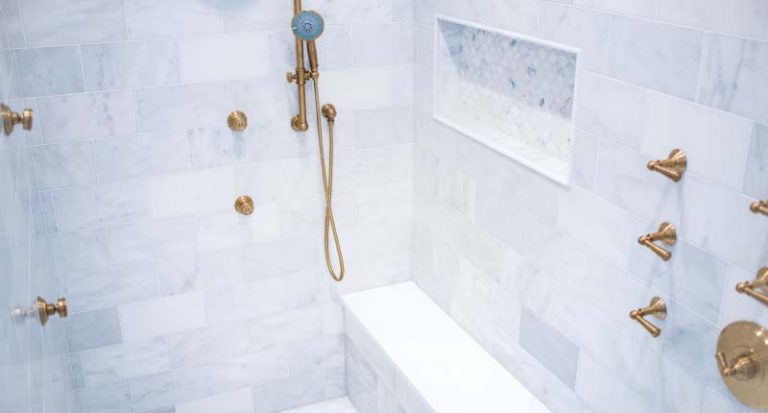countertop
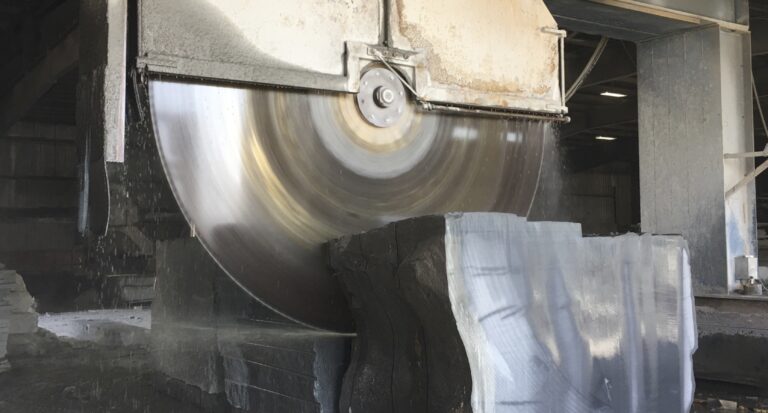
Natural stone has a great reputation for environmentally friendly qualities such as its durability, low embodied energy, no volatile organic compounds (VOCs), and being a nearly complete material in its natural state. Mother Nature does most of the work, making natural stone a single ingredient material suitable for many interior and exterior applications that perform impeccably over time. Most other building materials require additional ingredients and a more complex manufacturing process. Because these added materials and processes can have a negative impact on our health and the environment, they should be considered when selecting a material for a project.
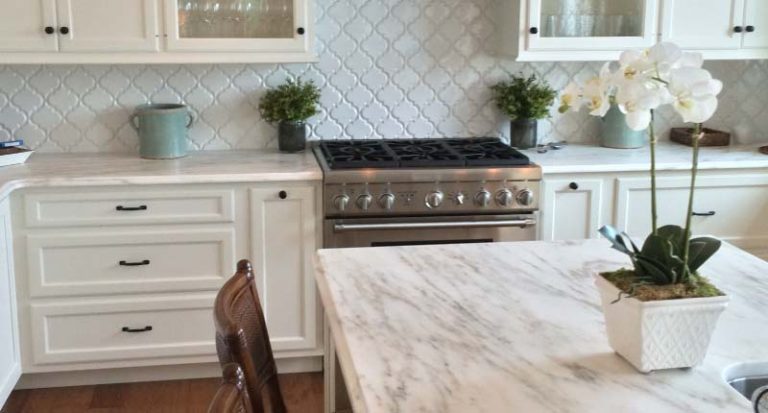
Styles may change from season to season, but Mother Nature creates unique designs in natural stone that are historically innovative and always on trend. This is why natural stone remains a timeless and flexible option for many interior applications including countertops and flooring.
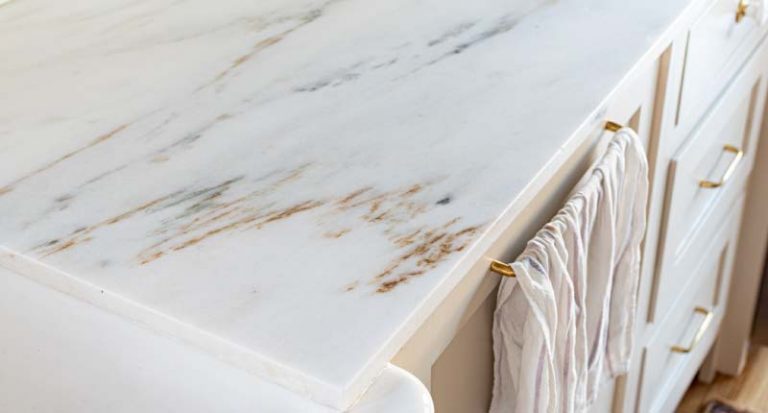
I’m Ashley, and I’ve been slowly renovating my kitchen to create a new space fit for a modern family in an old home. While it’s taken me years to decide on the layout and cabinetry color, there was always one thing that was certain. Marble countertops.
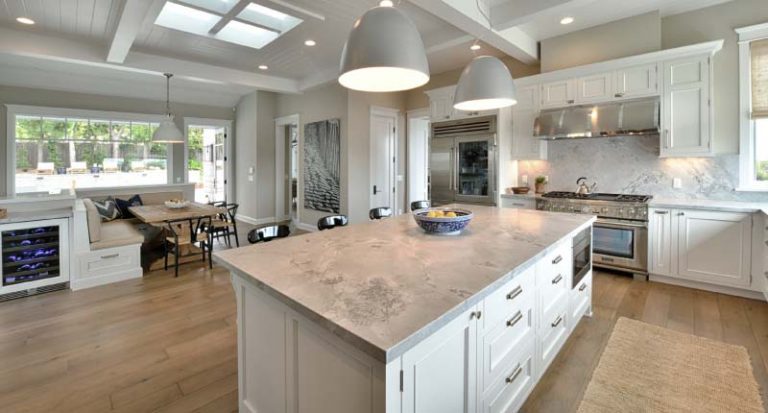
There are many reasons homeowners choose natural stone in their kitchens. With new technology and resources that allow for more stress-free living, they have more options than ever to create a space they love.
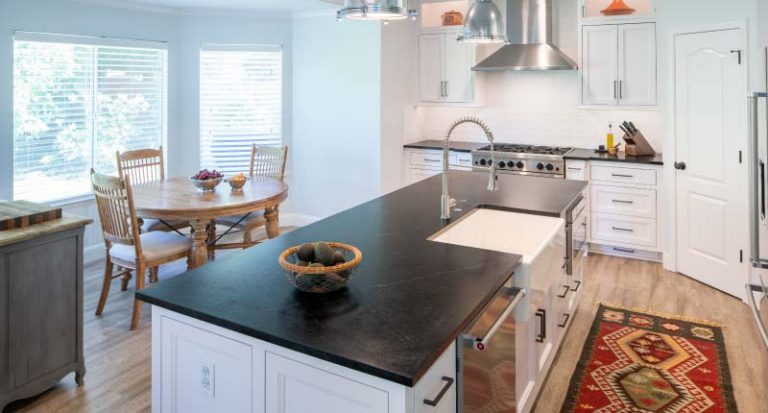
Soapstone has been a staple material in chemistry labs across the country for decades because of its heat and acid resistance. Glass beakers, Bunsen burners, and hydrochloric acid are no match for soapstone in the chemistry lab, so naturally there is nothing in the kitchen it can’t handle.
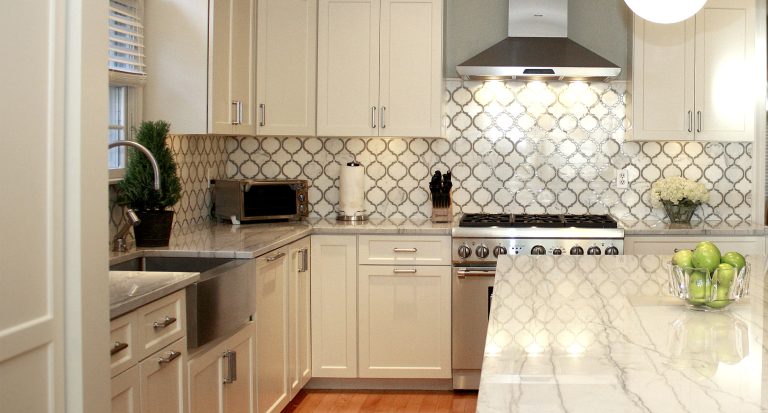
Whether you’re looking to update several rooms in your home or just one space, your goal is to maximize your look without sacrificing the budget. How does natural stone fit into this?
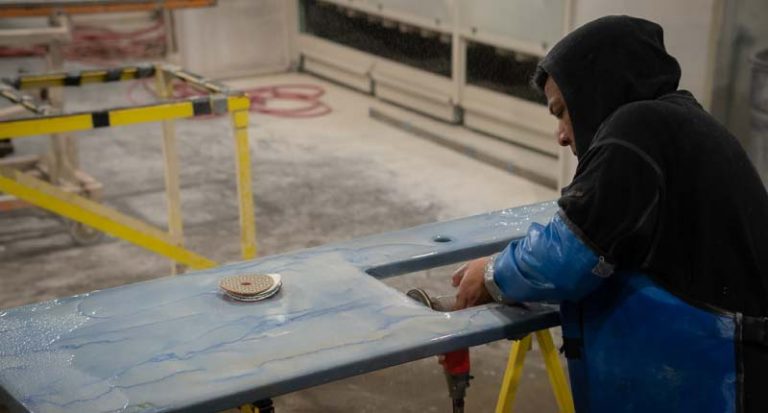
To ensure a successful countertop fabrication project, remember: a good job takes time, look beyond the color, and perfection does not exist in our world.

From the start of their kitchen remodel, the owners of a palatial home in Weston, Massachusetts knew they wanted a countertop material that would become the showpiece of the living space. “As soon as we saw the slabs of Calacatta Saturnia marble, we knew it was the perfect fit.”
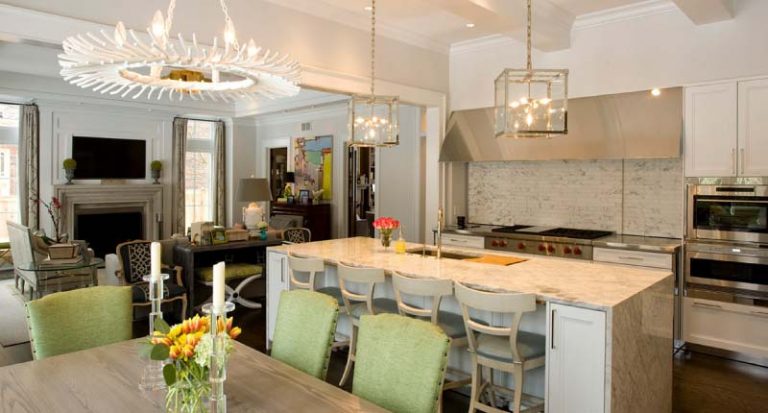
Natural stone plays a prominent role in many kitchen remodels. Here are three questions to consider when choosing a stone for your kitchen project.
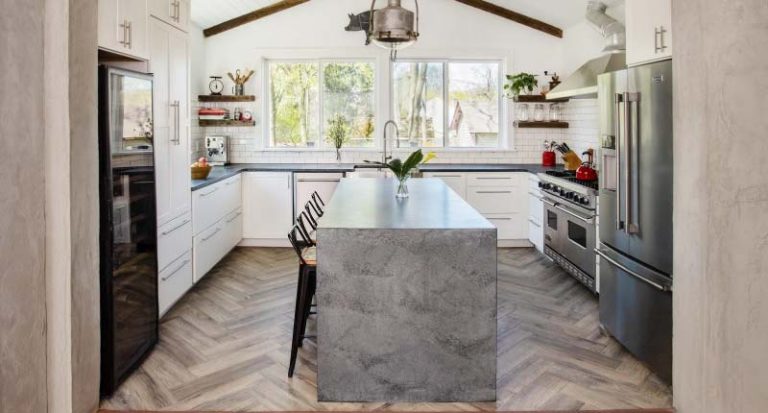
“The soapstone countertop has character. It’s not smooth, but it’s not rough either,” Barnieu said. “That’s what I like about soapstone; the more you use it, as it gets older, the patina of the stone gets more and more charming”
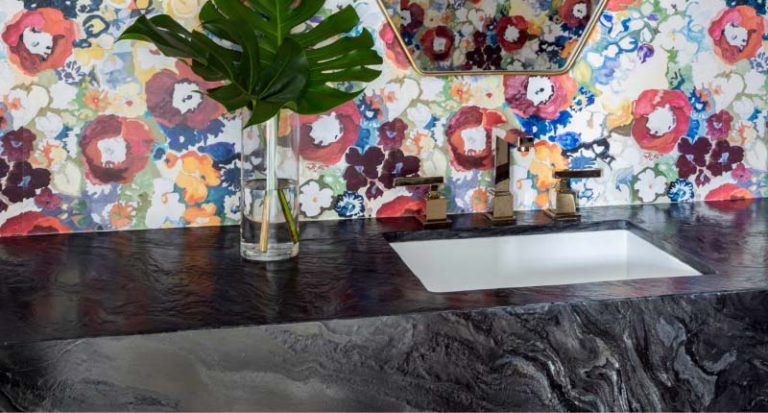
While polished and honed are the most common surface finishes for natural stone, leathered and brushed textures are growing increasingly popular to add a unique flair your design.
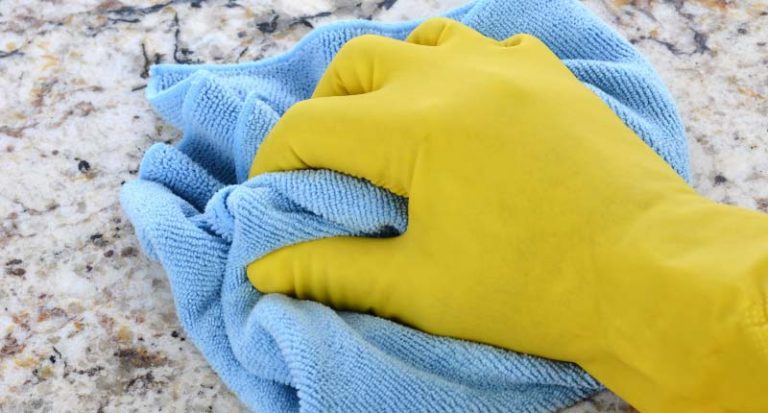
It is important to use the right product and process for the type of stone and specific issue you are addressing. Different stones have different characteristics and will respond differently to cleaning and maintenance.
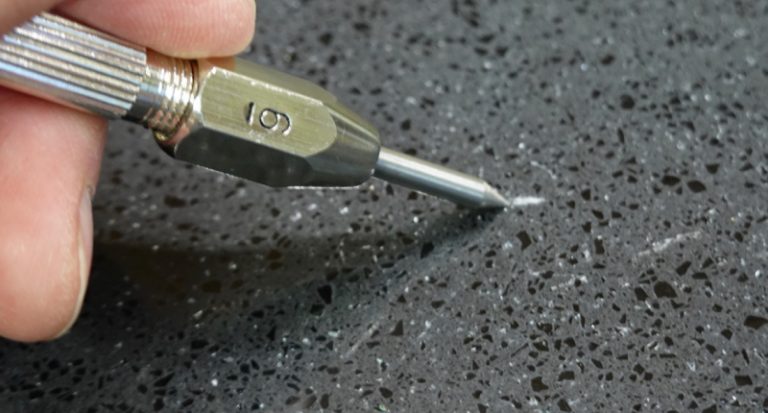
It can be difficult to find reliable information about the practical properties of different types of countertop surfaces. In a quest to bring more data-driven information to the countertop industry, this article offers side-by-side performance testing of four categories of materials.
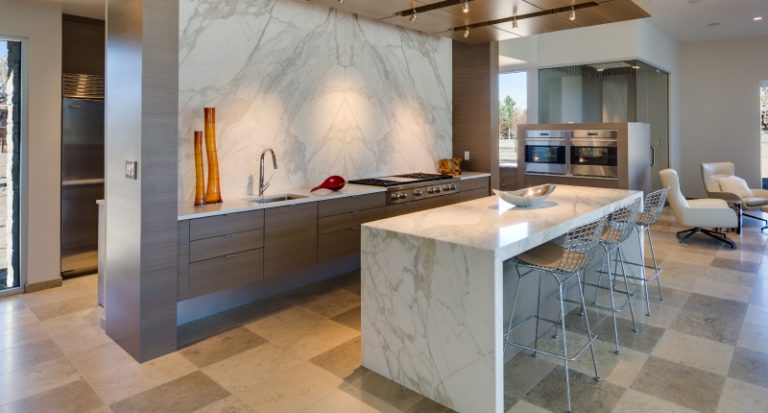
Aesthetic qualities and price are often the first criteria used to make countertop and flooring selections. But have you considered if each material is eco-friendly? A material’s life cycle should be considered during your home design and renovation projects.
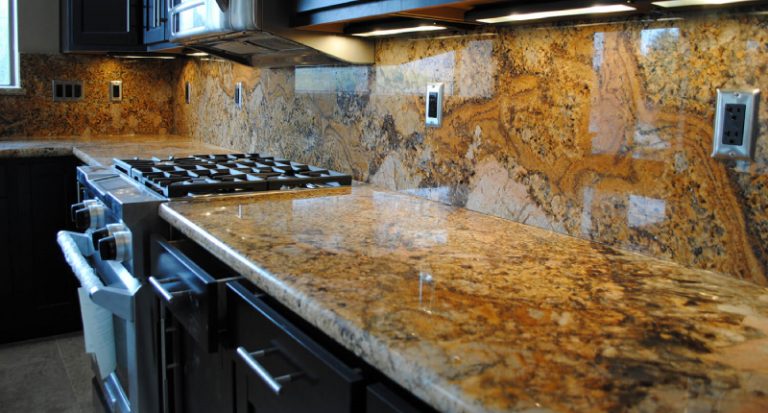
Thought should be given to countertop material’s durability, maintenance, sustainability, and cost. Let’s take a comparative look at some of these issues before making a decision.
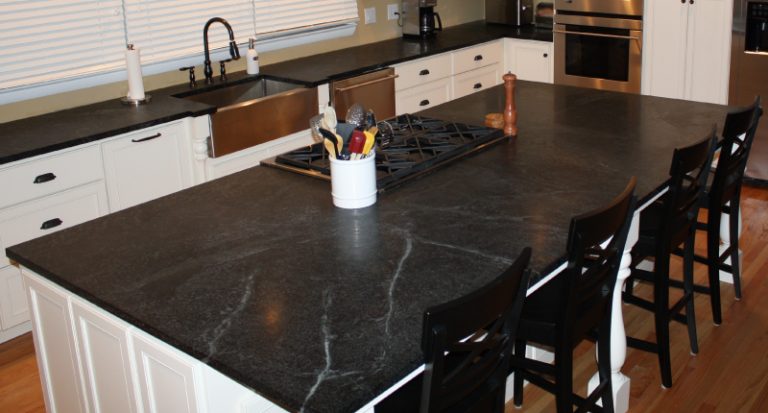
Soapstone is versatile and can be incorporated into a wide variety of designs. It has remained a go-to countertop material due to its long-known physical properties and classic old-world aesthetic.
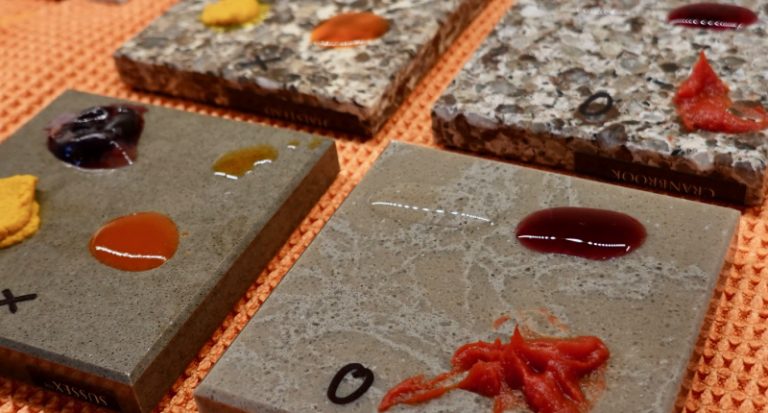
Many people are curious about the differences between natural stone and manufactured surfaces, and my approach is always the same: be wary of marketing claims, learn as much as you can, understand the properties, and be informed.
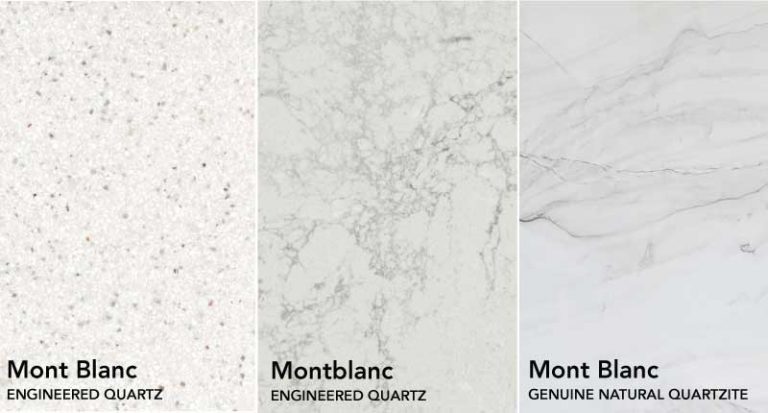
Is quartz natural stone? Our geologist analyzed samples from several different quartz manufacturers. Sort fact from fiction using real scientific data to prove performance statistics.
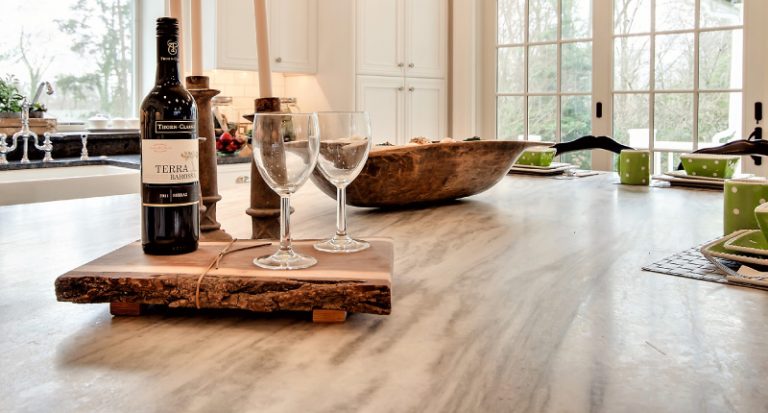
Quartzite has been gaining in popularity as a countertop material in the past few years. With a look similar to marble and a durability comparable to granite, this natural stone seems to have it all.

